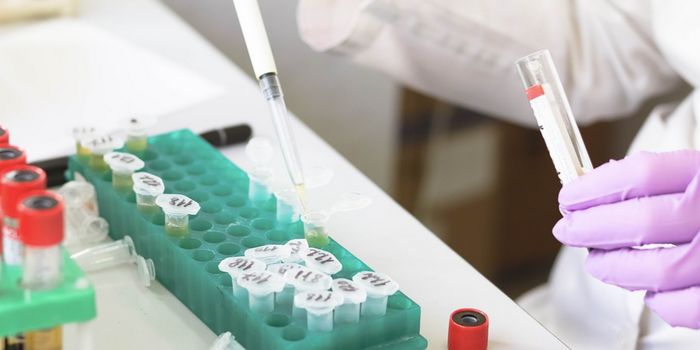Even Brief Exposure to Air Pollution Can Affect Gene Expression
It is well-known that when people are exposed to air pollution, they are at greater risk for cancer, respiratory, and heart diseases. Researchers are now interested in learning exactly what air pollution does, such as increasing inflammation or oxidative stress, that leads to this outcome. Several small research studies involving humans and mice have shown that the negative health effects of pollution are accompanied by changes in gene expression. In humans, air pollution levels have been correlated with changes in the activity of genes that have been associated with cancer, chronic obstructive pulmonary disease, and heart disease. Learn more about how air pollution affects the body from the video.
New work by a team of researchers has confirmed these findings and suggested that even brief exposure to air pollution can have a significant impact on gene expression. The resulting physiological changes are probably influencing the likelihood of a multitude of diseases. The findings have been reported in the journal Environment International.
In this study, Associate Professor Yuming Guo at the Monash School of Public Health and Preventive Medicine in Australia and colleagues at Nagasaki University in Japan and Cambridge University in the UK analyzed blood samples that were obtained from 192 pairs of identical twins and 74 non-identical twins. Twins are often a crucial aspect of research studies that seek to determine whether some observed characteristic in humans is due to the effect of genes or the environment. Since identical twins have the same genome, one can act as a kind of control for the other, which helps to illustrate whether a characteristic is due to genes or the environment.
At the time that blood was drawn from the twin participants, air quality measurements were also recorded from stations in Brisbane, where the study was conducted and the participants resided. The level of the main particulate in smoke, PM2.5, and sulfur dioxide, the primary gaseous pollutant, were noted. The expression levels of six genes that are connected to disease processes triggered by pollution (oxidative stress and inflammation) were measured. Over the course of the study, the researchers determined that even low air pollution levels in Brisbane triggered changes in the expression of genes that have been linked to negative health effects.
"This is the first evidence as to how exactly exposure to [a] low level of air pollution actually alters our gene expression which in turn impacts our health," said Associate Professor Guo. "Combined with the global consequences of COVID-19 and its impact on respiratory health there is even a greater need to be conscious of limiting our exposure to air pollution."
Sources: AAAS/Eurekalert! via Monash University, Environment International








